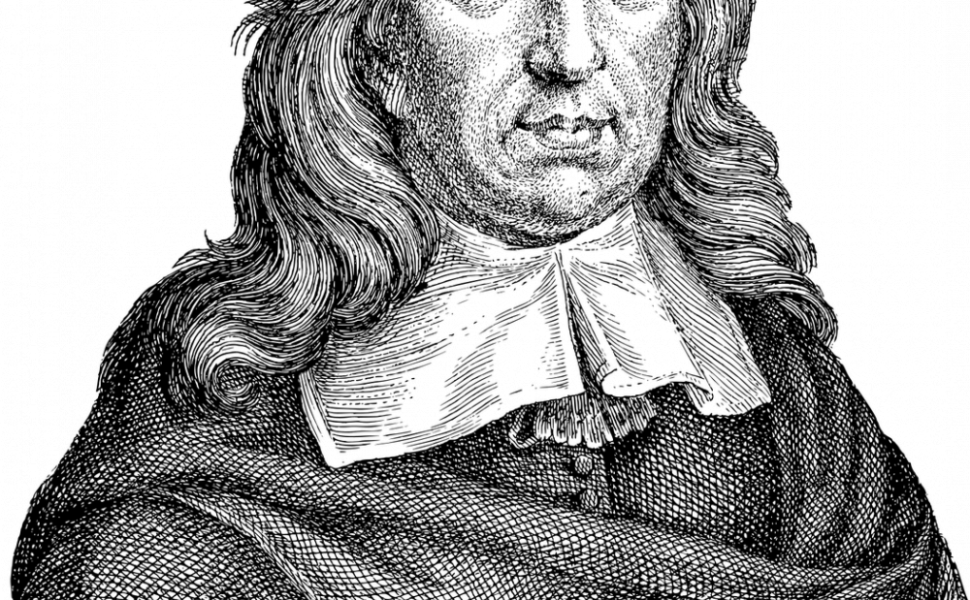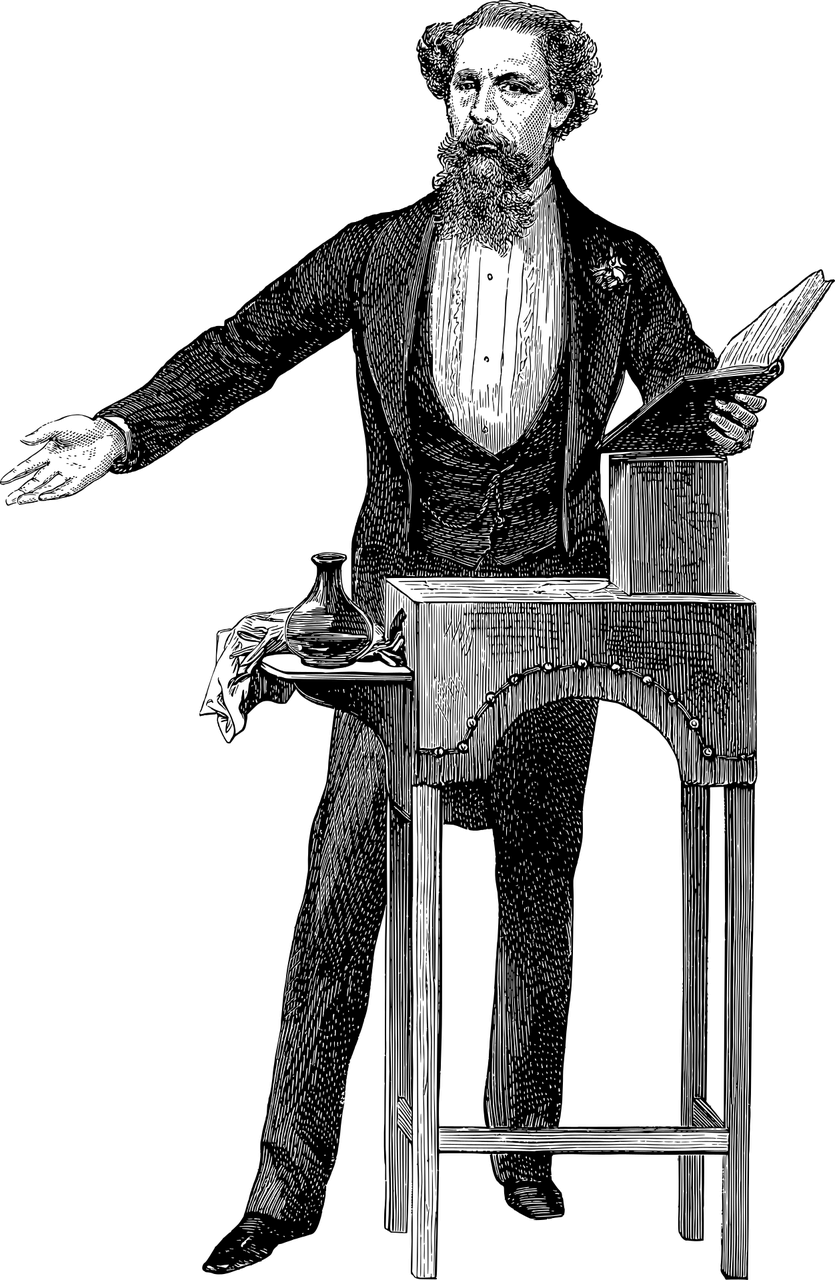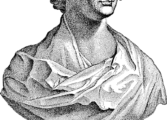Edgar Allan Poes The Raven: A Deep Dive into a Literary Masterpiece

Introduction:
Edgar Allan Poe’s “The Raven” stands as one of the most renowned and haunting poems in American literature. With its captivating narrative and evocative language, this work has captivated generations of readers and continues to be a subject of fascination for literature enthusiasts. In this article, we will delve into the essence of this masterpiece, its historical development, and its enduring significance.
Overview of “The Raven”:

“The Raven” was first published in 1845 and tells the story of a mourning lover who is visited by a talking raven. Through this supernatural encounter, the narrator’s descent into madness and grief is vividly portrayed. Written in trochaic octameter, the poem’s musical quality and its use of internal rhyme contribute to its lasting impact. It explores themes such as loss, the passage of time, and the agony of the human soul. Understanding the historical context in which this poem was created sheds light on the depths of its brilliance.
Historical Development of “The Raven”:
During the 19th century, Edgar Allan Poe emerged as a crucial figure in American literature, and “The Raven” became one of his most celebrated works. This period marked a shift towards a darker, gothic style of writing, with Poe spearheading the movement through his macabre tales and poems. His exploration of the human psyche and themes of despair and death resonated deeply with readers.
“The Raven” quickly gained popularity upon its publication, receiving both critical acclaim and public recognition. Its haunting atmosphere and the lingering sense of dread it evokes enthralled readers, and it stands as a quintessential example of Poe’s unique style. Its influence extended far beyond its initial release, with subsequent generations of poets and authors drawing inspiration from its dark allure.
Structure and Style:
To enhance the article’s featured snippet potential, carefully structuring the text is crucial. Starting with an tag that states the title, “Edgar Allan Poe’s ‘The Raven’: A Deep Dive into a Literary Masterpiece,” allows search engines to identify the main topic of the article immediately. Additionally, including H2 tags throughout the text can help break down the content into manageable sections.
Key Points to Note:
1. “The Raven” is a haunting narrative poem by Edgar Allan Poe, published in 1845.
2. Its musical quality and use of internal rhyme contribute to its lasting impact.
3. The poem explores themes of loss, time, and the human psyche.
4. Edgar Allan Poe played a vital role in the development of gothic literature in the 19th century.
5. “The Raven” quickly gained popularity, becoming Poe’s most celebrated work.
6. Its dark allure and ability to evoke a sense of dread captivated readers then and now.
7. The poem’s influence extended beyond its time, inspiring generations of poets and authors.
The Enduring Significance:
“The Raven” continues to captivate readers and scholars alike. Its influence can be seen in various art forms, including music, film, and literature. Numerous adaptations and references in popular culture serve as a testament to its enduring significance. Poe’s ability to create an atmosphere of melancholy and madness, coupled with the poem’s exploration of existential themes, transcends time and resonates with audiences today.
Conclusion:
“The Raven” remains an integral part of Edgar Allan Poe’s literary legacy. Its haunting narrative, musicality, and exploration of the human psyche have solidified its place as a masterpiece of American literature. As we continue to delve into its depths, we find ourselves enraptured by the tragic beauty that lies within the haunting words of Edgar Allan Poe.
















































